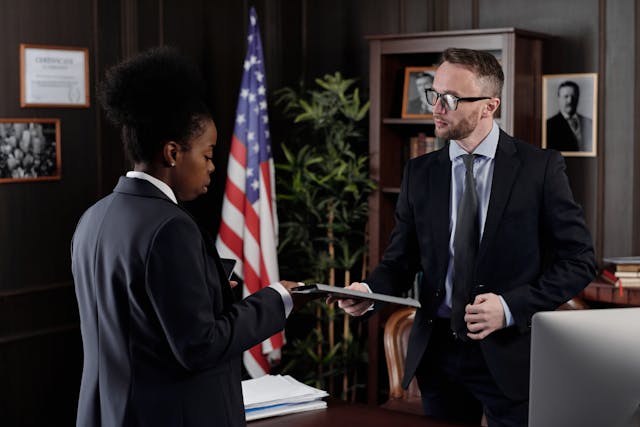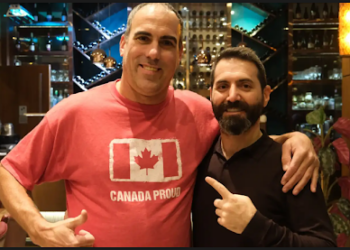Medical documentation and hiring a personal injury lawyer are the cornerstones of personal injury cases. It demonstrates how injuries affect an injured party and makes it harder for their attacker to dispute causation and damages.
Medical records help substantiate the current and future healthcare needs of claimants, an essential factor when calculating damages. Furthermore, professional opinions from specialists add an extra level of support for your case.
Medical Records
Medical documentation is an integral component of any personal injury claim. It helps establish a clear connection between injuries sustained and an incident that caused them, as well as their severity and the effect they have on daily living activities.
Documenting medical care requires comprehensive records that include clinical assessments, diagnostic testing results, treatment plans, and progress reports. To ensure they contain accurate information and for legal actions to proceed smoothly. Having extensive medical records may prove invaluable when negotiating with insurance providers or when taking legal action.
Medical records can provide valuable insights into the extent of an accident victim’s injuries, which in turn may influence any compensation awarded. Documenting medical expenses and losses such as lost income or pain and suffering can provide invaluable data for accurate calculations of current and future treatment costs. Medical records can demonstrate the need for long-term care after an accident, increasing your chances of winning your claim. Medical evidence is often indisputable and can carry considerable weight during courtroom hearings. Furthermore, extensive documentation provides the basis for expert medical opinions that provide in-depth evaluations of injuries sustained and their long-term impacts.
Medical Opinions
Medical opinions play a pivotal role in any personal injury case. They help substantiate an injured party’s claim for damages by showing the extent and severity of their injuries; unlike statements by witnesses or the injured party themselves, these opinions are seen as impartial and reliable.
An expert witness’ opinion regarding the cause of an accident, known as causation evidence, can be used as proof that it was directly responsible for an individual’s injuries and losses.
Medical opinions provided by physicians other than a patient’s primary care provider can often serve as second opinion physicians or independent medical examinations (IMEs).
An expert medical diagnosis can provide credibility to an injured person’s pain and suffering claims, but some medical experts may be biased due to financial or professional interests. Therefore, it is critical that you only employ well-recognized healthcare specialists or specialists when seeking compensation in your case.
Diagnostic imaging includes X-rays, CT scans, and MRIs – these images can show internal injuries not visible to the naked eye; for instance, broken femurs or brain injuries might not be apparent immediately but can become visible through diagnostic imaging techniques like these images and provide crucial evidence in supporting your case.
Witness Testimony
Witness statements can play an essential role in personal injury lawsuits when there is insufficient medical evidence. Witnesses provide firsthand accounts of what caused injuries, and their testimony may help build credibility for your case. Generally, witnesses unrelated to either party tend to be more credible; however other types of witnesses such as experts can also prove useful.
Expert witnesses can review medical records and other sources to establish when an accident was the direct cause of someone’s injuries, assess their extent and any long-term ramifications, as well as make recommendations as to the amount of compensation awarded for a claim. This knowledge can prove vital when deciding the amount due in any settlement agreement.
Lay witnesses close to an injured individual can be invaluable witnesses in court cases. These could include friends, family, and coworkers. As memories can erode over time, it is wiser to work with a personal injury lawyer when conducting interviews of these witnesses as soon as possible; doing so ensures that questions asked are appropriately phrased for optimal testimony while also protecting witnesses from accidentally lending more credence to opposing sides by changing their stories or contradicting earlier statements made about themselves.







